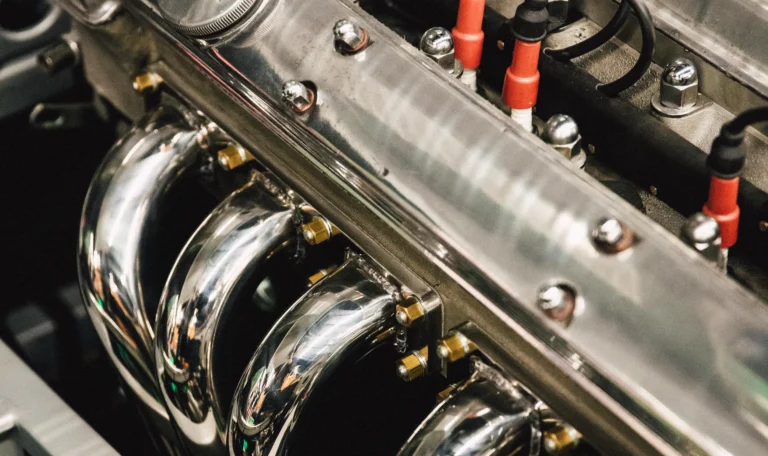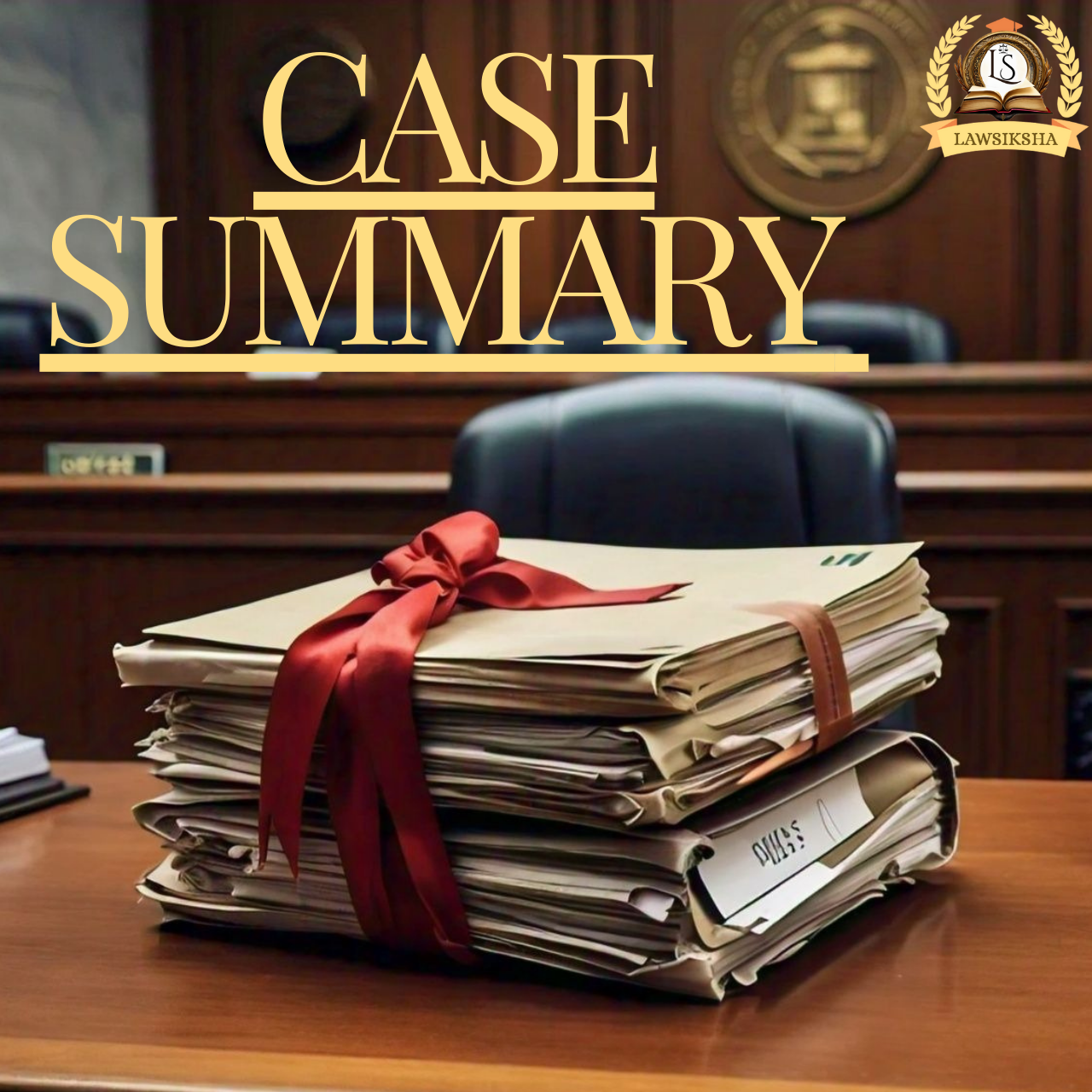
The Delhi scrappage policy requiring the scrapping of 10-year-old diesel vehicles, despite road tax being paid for 15 years, has sparked widespread criticism for being unfair to consumers. This policy, rooted in a 2015 National Green Tribunal order and upheld by the Supreme Court, means owners are forced to junk their vehicles five years before the end of the period for which they have legally paid road tax[1][2].
Table of Contents
ToggleUnfairness and Arbitrariness of the 15-Year Tax ,10 year use rule
Mismatch Between Tax and Usage: By national law, road tax for private vehicles is paid upfront for 15 years. However, in Delhi, diesel vehicles must be scrapped after just 10 years, leaving owners unable to use their vehicles for the full period they have paid for[1][2].
No Automatic Refund: There is no automatic or transparent mechanism for refunding the unused portion of road tax, forcing owners to either navigate a cumbersome refund process or accept the financial loss[2].
There has been a public Outcry as many vehicle owners have expressed frustration, noting that their cars often have significant usable life left at 10 years, sometimes with less than 30% of their potential utilized[1][2]. The policy is seen as penalizing responsible ownership and disregarding the actual condition of the vehicle.
Cars as Liability, Not Asset
Depreciating Asset: Cars naturally lose value over time, making them a classic example of a depreciating asset[3][4]. With the scrappage policy, this depreciation is accelerated, turning cars into liabilities as owners face forced losses and additional costs[3].
Financial Burden: Beyond depreciation, owners bear ongoing expenses such as insurance, maintenance, and now, potentially, the cost of early scrappage and new purchases[3][5].
Government Revenue:
The policy also boosts government revenue through new vehicle sales, which are heavily taxed, raising questions about the true motive behind the scrappage drive[6].
Cars as a Necessity
Essential for Daily Life:
Despite these financial drawbacks, cars remain a necessity for most people, particularly in urban India where public transport may not always meet individual needs[7][8]. The convenience and flexibility offered by personal vehicles make them indispensable for commuting, family needs, and emergencies[7].
Legal and Policy Contradictions
Road tax in India is primarily governed by the Motor Vehicles Act, 1988 at the national level and by specific state laws at the local level. In Delhi, the relevant law is the Delhi Motor Vehicle Taxation Act, 1962 (as amended) which mandates that every registered owner or person in possession of a motor vehicle used or kept for use in Delhi must pay road tax to the state government.
Motor Vehicles Act, 1988: Makes it mandatory for every owner of a new vehicle to pay road tax at the time of registration.
Delhi Motor Vehicle Taxation Act, 1962: Specifies the rates, procedures, and enforcement for road tax payment in Delhi
Road tax is typically paid as a one-time payment for 15 years for private vehicles at the time of registration
The tax amount is determined by factors such as vehicle type, cost, engine capacity, and registration state
In summary, road tax must be paid under the Motor Vehicles Act, 1988 and the Delhi Motor Vehicle Taxation Act, 1962 for vehicles registered and used in Delhi.
Structural Contradiction:
The core issue is a structural mismatch—national tax policy assumes a 15-year vehicle life, while Delhi’s environmental regulations cut this short to 10 years for diesel vehicles.
Aggrieved Owners’ Remedies:
Affected individuals can apply for a No Objection Certificate (NOC) to transfer their vehicles to states without such restrictions or attempt a manual, paperwork-heavy road tax refund, though both options are far from ideal.
Conclusion
The current policy framework in Delhi unfairly penalizes vehicle owners, who pay for 15 years of road use but are forced to scrap their cars after just 10. This not only turns cars into financial liabilities but also undermines their status as essential commodities for daily life, leaving many consumers feeling shortchanged and calling for urgent policy reform.
Citations:
[1]”15-Year Tax, 10-Year Use”: Delhi’s Fuel Ban On Older … https://www.ndtv.com/delhi-news/15-year-tax-10-year-use-delhis-fuel-ban-on-older-vehicles-sparks-outrage-8812975
[2] ‘Pay for 15 years, drive for just 10’: Diesel rule blindsides new car … https://www.businesstoday.in/amp/personal-finance/tax/story/pay-for-15-years-drive-for-just-10-diesel-rule-blindsides-new-car-buyers-in-delhi-482672-2025-07-02
[3] Is a Car a Depreciating Asset? Vehicle Valuation Explained https://itemit.com/is-a-car-a-depreciating-asset/
[4] Is a Car an Asset or a Liability? https://www.capitalone.com/cars/learn/managing-your-money-wisely/is-a-car-an-asset-or-a-liability/1543
[5] The REAL Cost of Buying a Car | Asset or Liability? – YouTube https://www.youtube.com/watch?v=-YAqDyWoRsM
[6] India’s Vehicle Scrappage Policy is a Greenwashed Tax … https://www.reddit.com/r/CarsIndia/comments/1jk5w5z/indias_vehicle_scrappage_policy_is_a_greenwashed/
[7] Having a Car is a Necessity – Kroll https://www.kroll.com/en/insights/publications/m-and-a/millennials-and-auto-trends-report/having-a-car-is-a-necessity
[8] The impossible paradox of car ownership – Vox https://www.vox.com/23753949/cars-cost-ownership-economy-repossession
[9] Tax structure explained: Delhi govt offers rebate for scrapping old cars https://www.business-standard.com/finance/personal-finance/tax-structure-explained-delhi-govt-offers-rebate-for-scrapping-old-cars-124100300083_1.html
[10] Delhi government proposes tax concession for people opting to … https://www.indiatoday.in/cities/delhi/story/delhi-government-proposes-tax-concession-for-people-opting-to-scrap-old-vehicles-2572474-2024-07-27
[11] Delhi Government Offers Rebate for Scrapping Old Vehicles https://timesofindia.indiatimes.com/city/delhi/delhi-government-offers-rebate-for-scrapping-old-vehicles/articleshow/111699980.cms
[12] Govt proposes hike in tax rebate on new vehicles for buyers … https://timesofindia.indiatimes.com/business/india-business/govt-proposes-hike-in-tax-rebate-on-new-vehicles-for-buyers-scrapping-old-ones/articleshow/117587233.cms
[13] Delhi Vehicle Scrappage Policy 2024: Incentives & Process https://carbasket.in/delhis-latest-vehicle-scrappage-policy
[14] LG gives nod for tax discounts on scrapping old vehicles https://www.hindustantimes.com/cities/delhi-news/lg-gives-nod-for-tax-discounts-on-scrapping-old-vehicles-101729016115709.html
[15] guidelines for handling end of life vehicles in public places … https://transport.delhi.gov.in/sites/default/files/Transport/circulars-orders/guidelines_for_handling_elvs_of_delhi_2024.pdf
[16] Understanding the financial implications of car ownership https://www.entrepreneur.com/finance/understanding-the-financial-implications-of-car-ownership/475478
[17] The Necessity of Cars – Transfers Magazine https://transfersmagazine.org/magazine-article/issue-11/the-necessity-of-cars/
[18] How the Costs of Car Ownership Add Up – The New York Times https://www.nytimes.com/interactive/2023/10/07/business/car-ownership-costs.html
[19] Vehicle Ownership vs. Leasing for New Businesses – SMAS India https://www.smasindia.com/why-vehicle-ownership-costs-more-to-new-businesses-and-what-can-they-do-about-it
[20] 7 benefits of a car: What you should know – AZ Big Media https://azbigmedia.com/lifestyle/7-benefits-of-a-car-what-you-should-know/









Leave a Reply